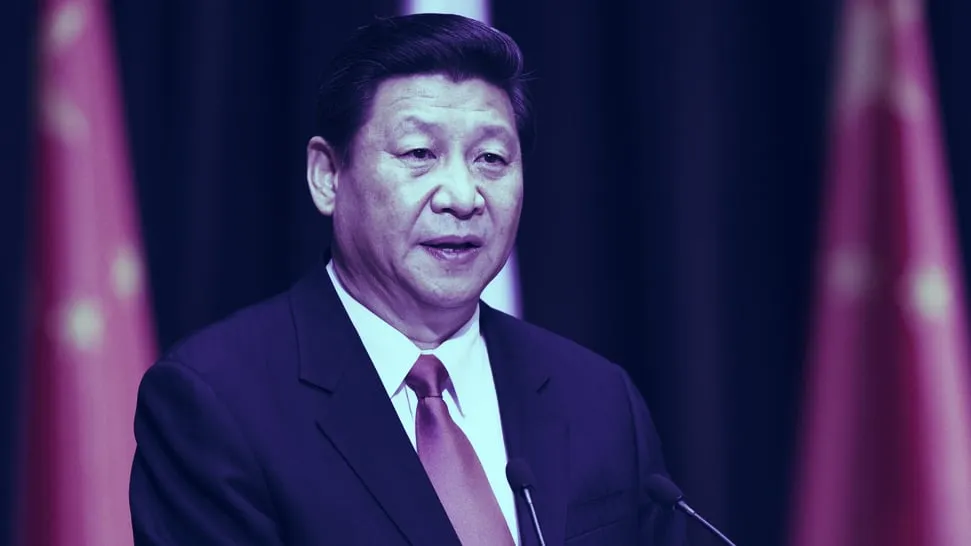In brief
- Xi Jinping wants to harness blockchain for social control.
- Chinese citizens strike back by using blockchain to fight censorship.
- An interview with a doctor on the coronavirus pandemic is being shared via blockchain.
Blockchain technology appears to be the weapon of choice in China’s information war.
On the one hand, Chinese premier Xi Jinping is praising it for its ability to help control society. On the other, Chinese dissidents are fighting censorship by placing an interview with a coronavirus whistleblower on the blockchain.
Using blockchain for social control
According to state-run media, President Xi said yesterday that Chinese police have access to a "management and dispatching command panel" to enhance the monitoring of multiple communities.
"The safety of personnel, communities, streets, urban areas and even the whole city can be covered seamlessly. This provides a solid and efficient technical support for the fight against the coronavirus,” Xi added.
But he said that adding blockchain technology could make for more effective social control. Specifically, it could provide wider access to more data on social situations, make it easier for departments to communicate and help decision making.
How blockchain can fight censorship
On the same day, Chinese social media users were using blockchain technology to share an interview with doctor and coronavirus whistleblower Ai Fen that had been censored by the Chinese government.
According to CNBC's Beijing reporter Eunice Yoon, after several attempts to 'save' the interview from suppression—including translating it into Oracle bone script, Morse code, and even emojis—activists distributed the interview on the blockchain.
The interview found global acclaim Tuesday after it was published by the Chinese magazine, Renwu. The transcript depicts Fen—director of the emergency department at Wuhan Central Hospital—recounting being reprimanded by Chinese officials for raising the alarm of the coronavirus in December.
“If I had known what was to happen, I would not have cared about the reprimand. I would have fucking talked about it to whoever, where ever I could,” Fen said in the interview.
China has recently lavished praise on blockchain as one of the technologies of the next industrial revolution. But, with its potential to subvert the ruling party’s wishes, that support might not last long.
Tips
Have a news tip or inside information on a crypto, blockchain, or Web3 project? Email us at: tips@decrypt.co.
Daily Debrief Newsletter
Start every day with the top news stories right now, plus original features, a podcast, videos and more.

